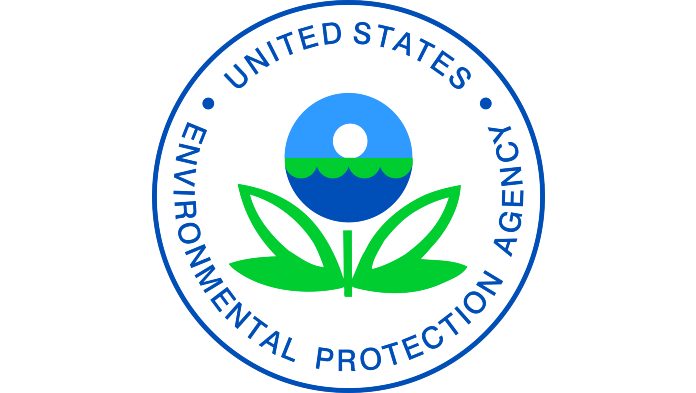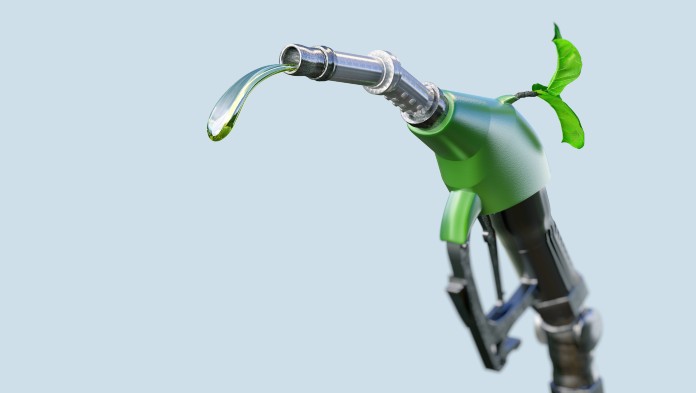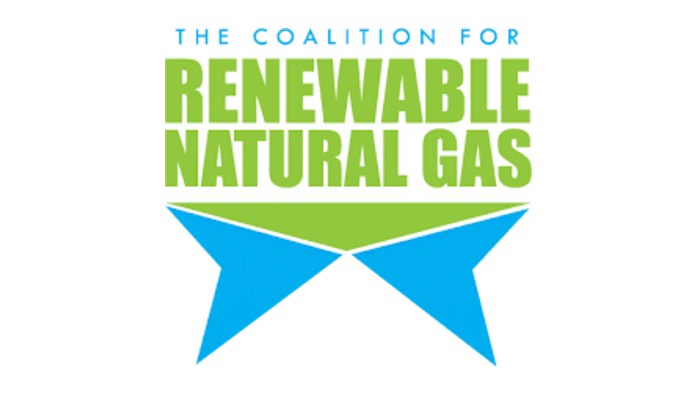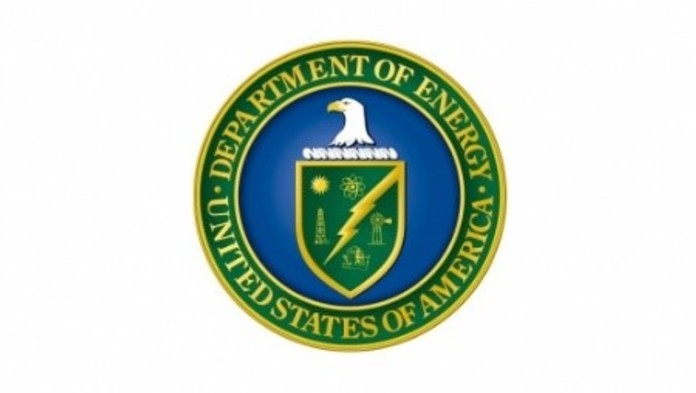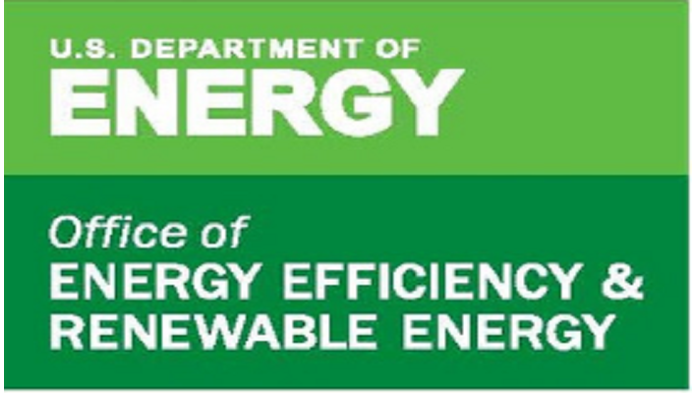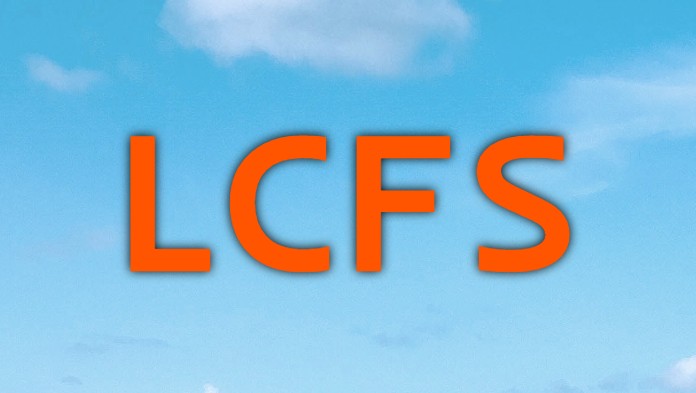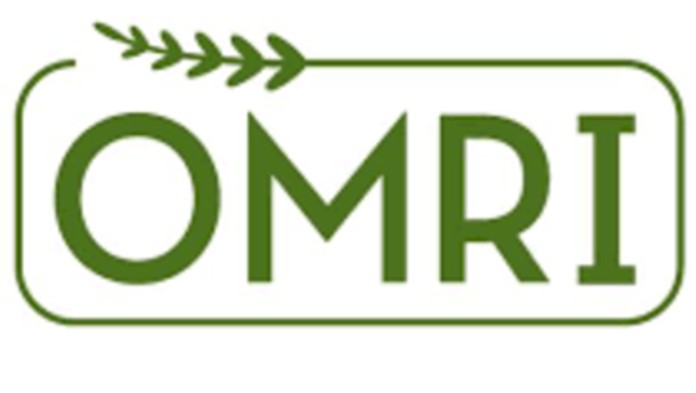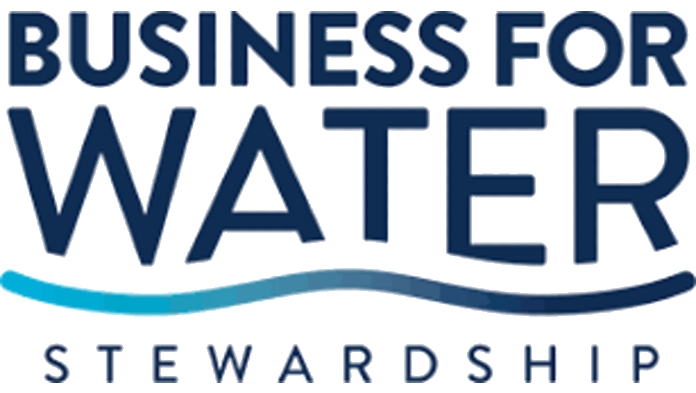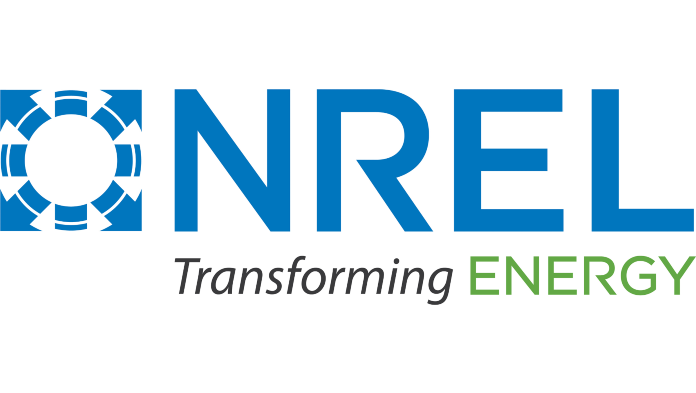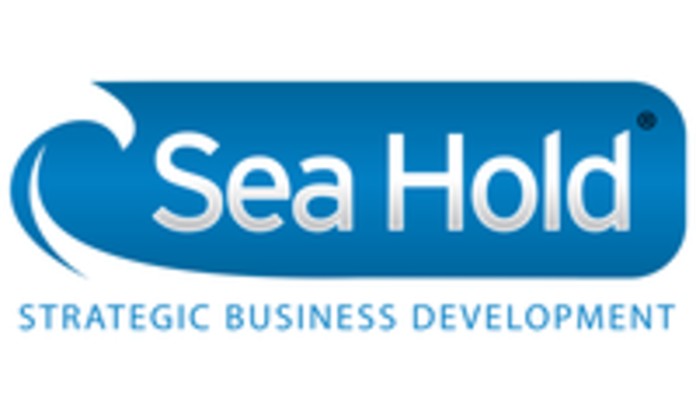Programs, Organizations, and Regulations
Frontline’s work focuses on improving the environment and providing engineering solutions for renewable energy and products. The following programs, organizations, and regulations relate to Frontline’s work.
Environmental Protection Agency
The EPA is an agency made up of environmentalists, scientists, and engineers that was created by the US government to protect the environment. It researches approaches that improve the environment and enforces policies that span topics like air, water, and waste. Frontline follows the EPA’s recommendations to ensure a project is as clean of emissions as it can.
Renewable Fuel Standard
The EPA’s Renewable Fuel Standard program supports renewable fuels that are better for the environment and support the country’s fuel usage. The standard requires a certain amount of biofuel to replace current fuel usage. San Joaquin Renewables, one of Frontline’s projects, is accepted under the standard for producing renewable natural gas.
Coalition for Renewable Natural Gas
The coalition supports the use of renewable natural gas in a way that is cleaner and more sustainable than America’s current energy consumption. Their Sustainable Methane Abatement & Recycling Timeline (SMART) aims to utilize more methane produced from organic waste sites in the United States. The renewable natural gas that Frontline’s projects can produce is within the coalition’s image.
US Department of Energy
The Department of Energy provides an updated list of federal incentives and laws for alternative fuels through its Alternative Fuels Data Center. For instance, feedstock producers can be partially reimbursed for the costs associated with raising feedstock. Other support like tax credits can be provided for research and production of alternative energy which Frontline participates in.
Energy Efficiency and Renewable Energy Office
The EERE supports the development of alternative fuel sources under the Department of Energy. The office funds governments, businesses, and researchers working to create renewable and cleaner energy. Frontline BioEnergy has received funding from the office in the past to engineer alternative fuel technology.
Low Carbon Fuel Standards
A low carbon fuel standard (LCFS) is usually made by state governments to lessen carbon dioxide emissions from transportation fuel. The California Low Carbon Fuel Standard, the first LCFS, uses a carbon intensity scale that measures the feedstock, facility, and vehicle emissions associated with the fuel. The natural gas that Frontline produces can qualify under California’s standards and other fuel standards as well.
Organic Materials Review Institute
The OMRI focuses on certifying process inputs as organic. The institute does this to ensure that organic processes have a positive impact on health and the environment. The OMRI’s value of organic inputs goes with Frontline’s practice of using biomass feedstock that leads to clean products.
International Biochar Initiative
The International Biochar Initiative (IBI) is a nonprofit organization that supports the use of biochar. IBI does this by teaching the environmental use of biochar and forming standards about its use. Frontline’s gasification projects produce biochar that can be sold and used the way IBI recommends.
Business for Water Stewardship
The Business for Water Stewardship works with businesses to develop water preservation projects. These projects can include restoring river flow, planning for droughts, or recharging groundwater sources. The Stewardship’s projects can go with Frontline’s technologies that produce clean water for irrigation or groundwater recharge.
Groundwater Exchange
The Groundwater Exchange is a resource of information regarding groundwater sources and usage. This information includes ways to sustainably use groundwater and details about California’s Sustainable Groundwater Management Act. Businesses that use Frontline’s technology can produce water as a byproduct. With the advice of the Groundwater Exchange, this water can be stored in the ground for later use and to keep up with facility water usage.
National Renewable Energy Laboratory
Funded by the Department of Energy, the NREL researches forms of renewable energy including bioenergy. They research ways that energy and products can be sustainably and efficiently produced. Research at this laboratory can help Frontline develop gasification technologies.
SeaHold
Seahold is a company that pushes for renewable fuel research, equipment, and technology. They especially focus on anaerobic digestion to produce biogas. A division of SeaHold, Team Biogas, provides essential equipment for biogas production and testing. Equipment like gas sensors helps Frontline develop gasification technology.

